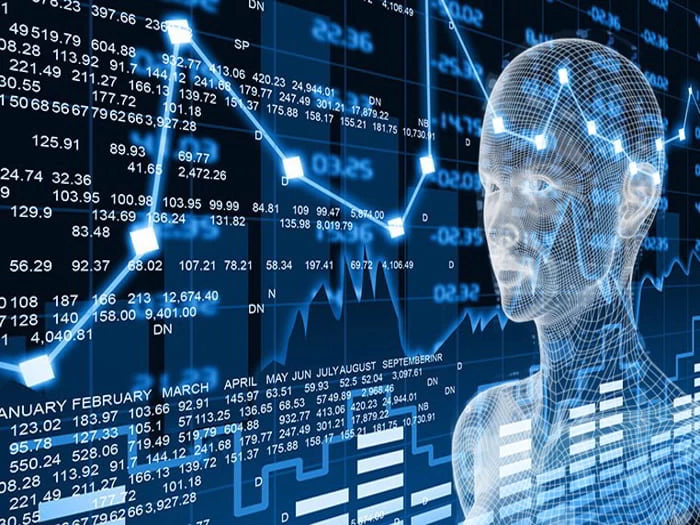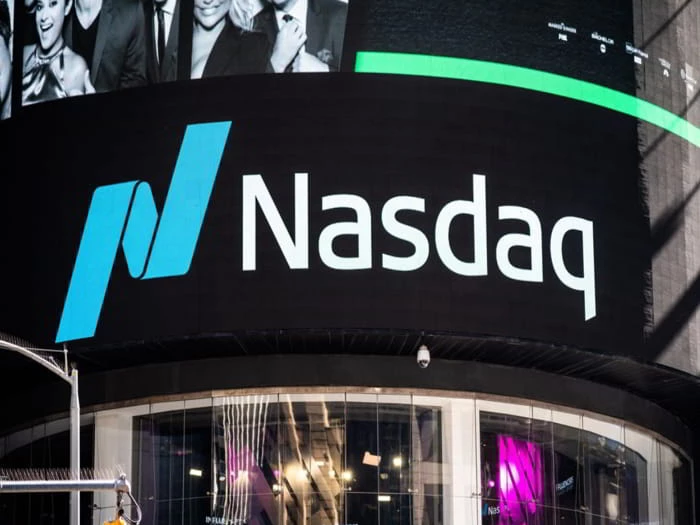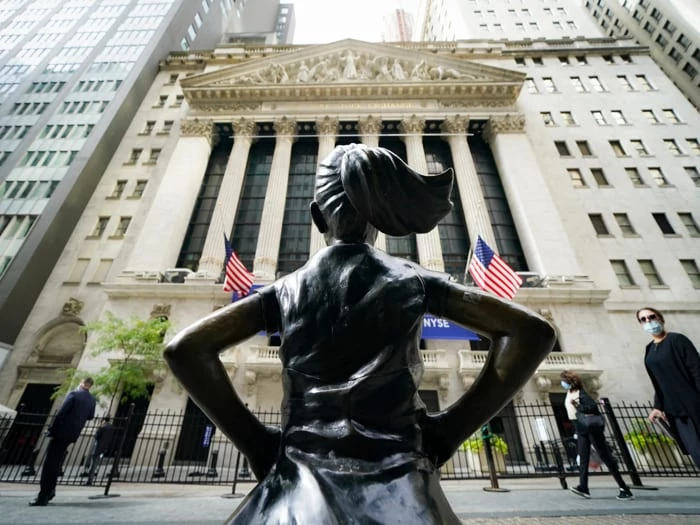Artificial Intelligence (AI) has become a buzzword across various industries, revolutionizing the way tasks are performed. In the realm of finance, particularly in forex trading, AI is making significant strides. Let's dive into the intricacies of AI in forex trading, exploring its advantages, challenges, successful strategies, and the evolving landscape.
Introduction
In recent years, the intersection of artificial intelligence and forex trading has captured the attention of investors and financial institutions alike. AI, through complex algorithms and data analysis, aims to enhance trading efficiency and decision-making processes.
Understanding AI in Forex Trading
Defining AI in Financial Markets
AI in forex trading refers to the use of algorithms and advanced computing systems to analyze financial data, make trading decisions, and execute orders without human intervention. These systems are designed to adapt and learn from market patterns, aiming to optimize trading strategies.
Role of Algorithms in Forex Trading
Algorithms play a pivotal role in the functioning of AI in forex trading. These mathematical formulas process vast amounts of historical and real-time data, identifying trends, patterns, and potential trading opportunities.
Advantages of AI in Forex Trading
Speed and Efficiency
One of the primary advantages of AI in forex trading is speed. AI-powered systems can execute trades in a fraction of a second, reacting to market changes in real-time. This speed is crucial in a market where prices can fluctuate rapidly.
Data Analysis and Pattern Recognition
AI excels at analyzing vast datasets, identifying subtle patterns that might go unnoticed by human traders. This ability to process and interpret data swiftly provides a competitive edge in the forex market.
24/7 Market Monitoring
Unlike human traders, AI operates 24/7, tirelessly monitoring market conditions across different time zones. This continuous vigilance allows for quick responses to breaking news and sudden market shifts.
Challenges in AI Forex Trading
Market Unpredictability
While AI is proficient at analyzing historical data, the forex market's inherent unpredictability poses a challenge. Sudden geopolitical events or unexpected economic shifts can defy historical patterns, impacting AI's decision-making capabilities.
Overreliance on Historical Data
To make predictions, AI systems heavily rely on historical data. However, financial markets are dynamic, and past performance does not guarantee future results. Relying too much on historical data can result in inaccurate predictions.
Technological Limitations
AI systems are not immune to technical glitches or data inaccuracies. Technological limitations can hinder the effectiveness of AI in forex trading, emphasizing the importance of human oversight.
Successful AI Trading Strategies
Trend Following Algorithms
Identifying and capitalizing on existing market trends are the strengths of trend-following algorithms. These algorithms aim to ride the momentum of an established trend, executing trades in the direction of the market.
Mean Reversion Strategies
Contrary to trend following, mean reversion strategies assume that asset prices will revert to their historical average over time. AI identifies deviations from the average and executes trades anticipating a return to the mean.
Sentiment Analysis
AI analyzes market sentiment by processing news articles, social media, and other sources of information. Sentiment analysis helps traders gauge market mood and make informed decisions.
The Impact of AI on Traditional Trading
The integration of AI in forex trading has transformed traditional trading practices. Automated systems operate at speeds incomprehensible to humans, leading to shifts in market dynamics and altering the role of human traders.
Regulatory Considerations
Compliance and Oversight
As AI becomes more prevalent in forex trading, regulatory bodies are grappling with ensuring compliance and oversight. Establishing guidelines for the ethical use of AI and protecting investors from potential risks are paramount considerations.
Ethical Concerns in AI Trading
The use of AI in trading raises ethical questions, especially concerning market manipulation and unfair advantages. Striking a balance between innovation and ethical considerations is crucial for the sustainable growth of AI in forex trading.
Future Trends in AI Forex Trading
Integration of Machine Learning
The future of AI in forex trading lies in the integration of machine learning. Advanced machine learning algorithms will allow systems to adapt and improve their performance based on evolving market conditions.
Enhanced Predictive Analytics
AI's predictive analytics capabilities will continue to evolve, providing traders with more accurate forecasts. This enhanced predictive power will be a game-changer in decision-making and risk management.
Evolution of Trading Platforms
The landscape of trading platforms is evolving with the incorporation of AI. User-friendly interfaces, coupled with powerful AI algorithms, are set to redefine the trading experience, making it more accessible and efficient.
Real-world Examples of AI Trading Success
Case Studies of Successful AI Trading
Several financial institutions and hedge funds have reported success with AI-driven trading strategies. Case studies showcasing profitable outcomes highlight the potential benefits of incorporating AI into trading practices.
Lessons Learned from AI-driven Trades
While success stories exist, it's essential to learn from the challenges and failures as well. Understanding the limitations and refining AI strategies based on real-world experiences contribute to continuous improvement.
Common Misconceptions about AI in Forex Trading
AI as a Replacement for Human Traders
AI is not intended to replace human traders but to complement their efforts. Human oversight is crucial to address unforeseen market conditions and ensure ethical trading practices.
Risks Associated with AI Trading
Acknowledging the risks associated with AI trading is paramount. Overlooking the potential downsides, such as technical failures or algorithmic errors, can lead to significant financial losses.
Guidelines for Implementing AI in Forex Trading
Importance of Human Oversight
Human oversight is indispensable in AI-driven trading. Traders should actively monitor AI systems, intervene when necessary, and ensure that trading strategies align with broader market goals.
Continuous Learning and Adaptation
The forex market evolves, and so should AI strategies. Continuous learning, adapting to new market conditions, and updating algorithms based on feedback are key elements of a successful AI trading approach.
The Role of Big Data in AI Trading
Handling Vast Amounts of Financial Data
AI's ability to process vast amounts of financial data is a cornerstone of its effectiveness. Big data analytics enable AI systems to extract meaningful insights, contributing to informed decision-making.
Extracting Actionable Insights
Beyond processing large datasets, the focus should be on extracting actionable insights. AI's contribution lies in turning data into actionable strategies that enhance trading performance.
Security Concerns in AI Forex Trading
Protecting Sensitive Financial Information
With the increasing reliance on AI, securing sensitive financial information is a priority. Implementing robust cybersecurity measures is crucial to safeguard against data breaches and unauthorized access.
Guarding Against Cyber Threats
As AI systems become more sophisticated, so do cyber threats. Vigilance in identifying and guarding against potential cybersecurity risks is vital for the integrity of AI-driven forex trading.
Educational Resources for AI Traders
Courses and Certifications
For those venturing into AI-driven forex trading, a plethora of courses and certifications are available. Investing time in learning the intricacies of AI and forex markets enhances the likelihood of successful implementation.
Staying Updated on AI Advancements
Given the rapid pace of technological advancements, staying informed about the latest developments in AI is essential. Networking with industry professionals and participating in forums contribute to continuous learning.
Conclusion
In conclusion, the integration of AI in forex trading is reshaping the landscape of financial markets. While AI offers unprecedented speed and analytical capabilities, it's crucial to acknowledge the challenges and ethical considerations. The future holds exciting possibilities with the evolution of machine learning, enhanced analytics, and the transformation of trading platforms.
FAQs
Is AI replacing human traders entirely?
No, AI is designed to complement human traders, providing analytical support and efficiency.
What are the key challenges in implementing AI in forex trading?
Challenges include market unpredictability, overreliance on historical data, and technological limitations.
How can traders mitigate the risks associated with AI trading?
Human oversight, continuous learning, and adapting strategies contribute to risk mitigation.
Are there specific regulations for AI in forex trading?
Regulatory bodies are working on guidelines to ensure ethical use and oversight in AI trading.
What educational resources are available for learning about AI in forex trading?
Various courses and certifications offer valuable insights for those interested in AI-driven trading.
 Admin
Admin





